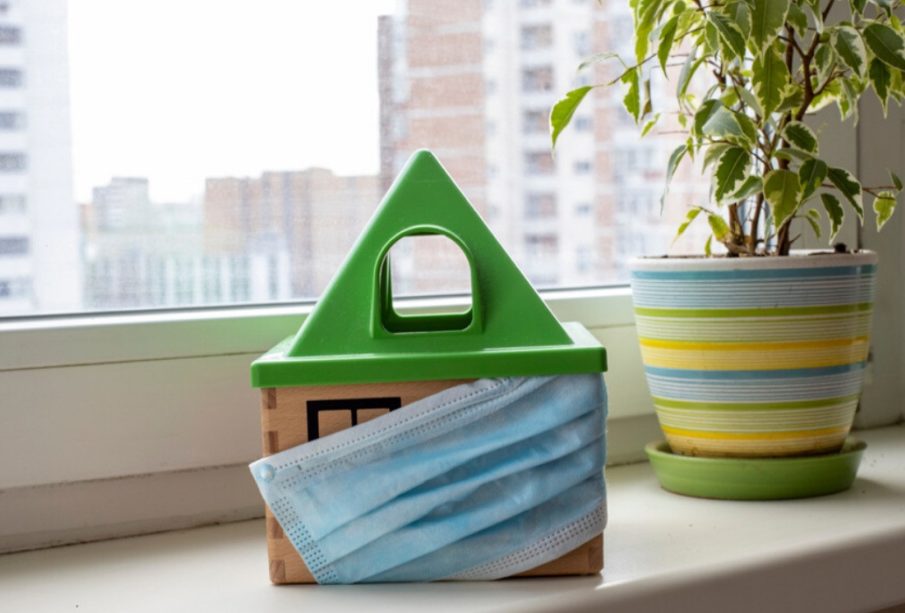Pandemic causes a surge in property sales

It’s good news for sellers that the UK property market has been experiencing a mini boom in recent months, and the recent extension to the stamp duty holiday is encouraging prices to rise over the short term. The property markets around England, Scotland, Wales and Northern Ireland are happily on the move again, with estate agents now able to facilitate in-house viewings and buyers able to relocate to their new homes, despite some lockdown restrictions currently remaining in place.

Image Credit
The government’s reduction in stamp duty has been favourable for buyers
Since July 2020, the property market has favoured sellers, with prices on the rise. The market is burgeoning thanks to the government’s temporary reduction in stamp duty. These price cuts do vary depending on the part of the country. However, buyers can save themselves around £10,000 to £15,000 in tax as long as they move house before the deadline extension. Chancellor Rishi Sunak announced that the stamp duty holiday that was set to end on 31 March would now be extended to the end of June.
Year-on-year increase in house transactions in February
According to government property data, there was a year-on-year increase in UK home transactions in February of just under 50%. This boost in sales is due to buyers hurrying to meet the stamp duty holiday cut-off date. Buyers were also buoyed by the rollout of the Covid vaccine as well as the prospect of lockdown restrictions easing and a desire to get back to “normal” life, pre-Covid.

When moving, home buyers will have to factor in conveyancing costs, which entails professionals carrying out all the legal work in the buying and selling process. More details are available from a range of sites, such as https://www.samconveyancing.co.uk/news/conveyancing/conveyancing-costs-explained-3366.
Prices have risen around the UK during the pandemic
According to the Daily Mail, Bury St Edmunds in Suffolk and Banbury in Oxfordshire top the list compiled by Halifax of the areas of Britain that have seen the biggest house price rises during the pandemic. Prices there have risen by around £100,000, or more than a third. In November 2020, UK house prices peaked at an average of £250,000 for the first time in history. Prior to the second lockdown, property transaction figures were high, with almost 100,000 registered sales in September. That was 21% more than the figure for August 2020. The government’s furlough initiative and the Self Employment Income Support Scheme have been an essential backbone for the labour market, and several elements have ensured the cost of borrowing has remained low, meaning that credit is freely flowing.
Following a strong first quarter in 2021, house prices look set to cool down after the Stamp Duty deadline, although experts have predicted that they will be on the rise again toward the end of the year. If the job market weakens as some analysts are expecting, especially given that the stamp duty holiday will end in June, this could also affect house prices.











